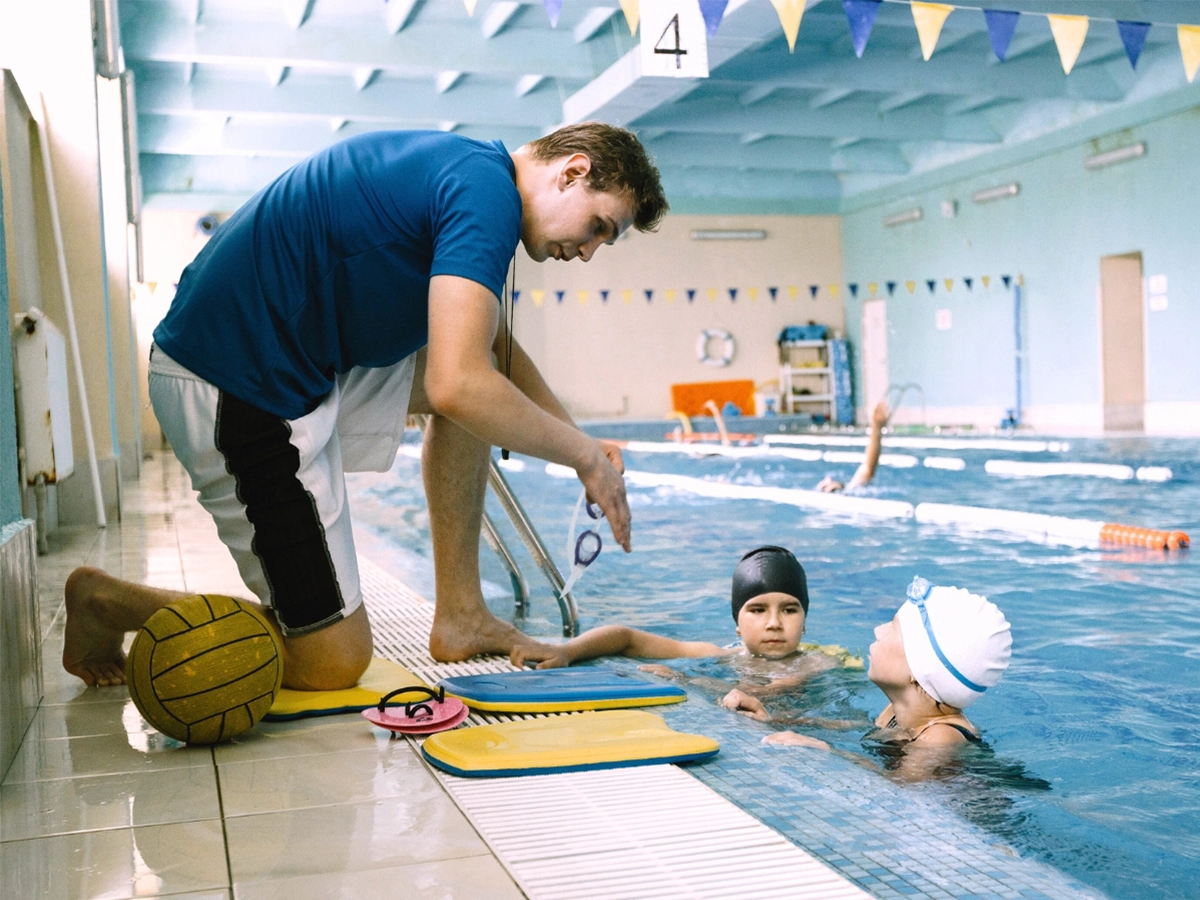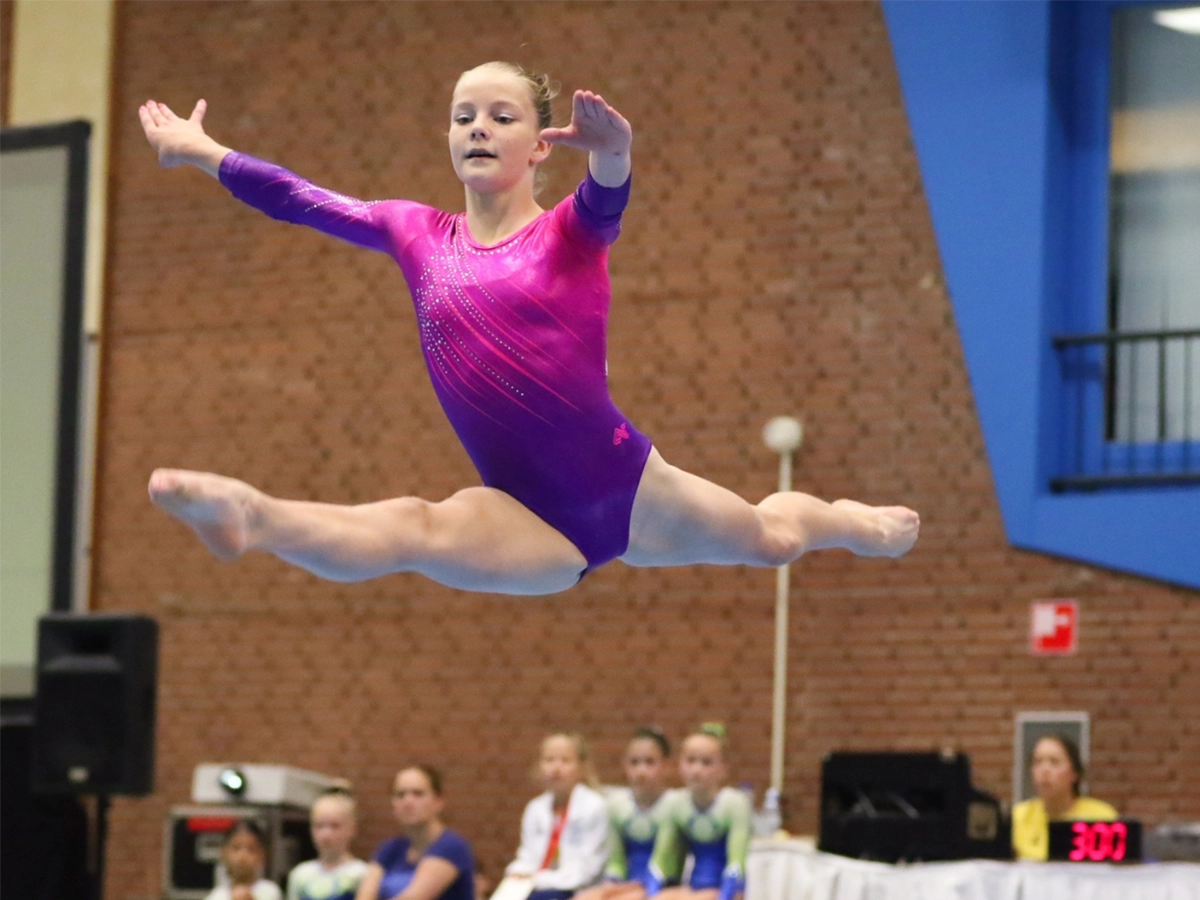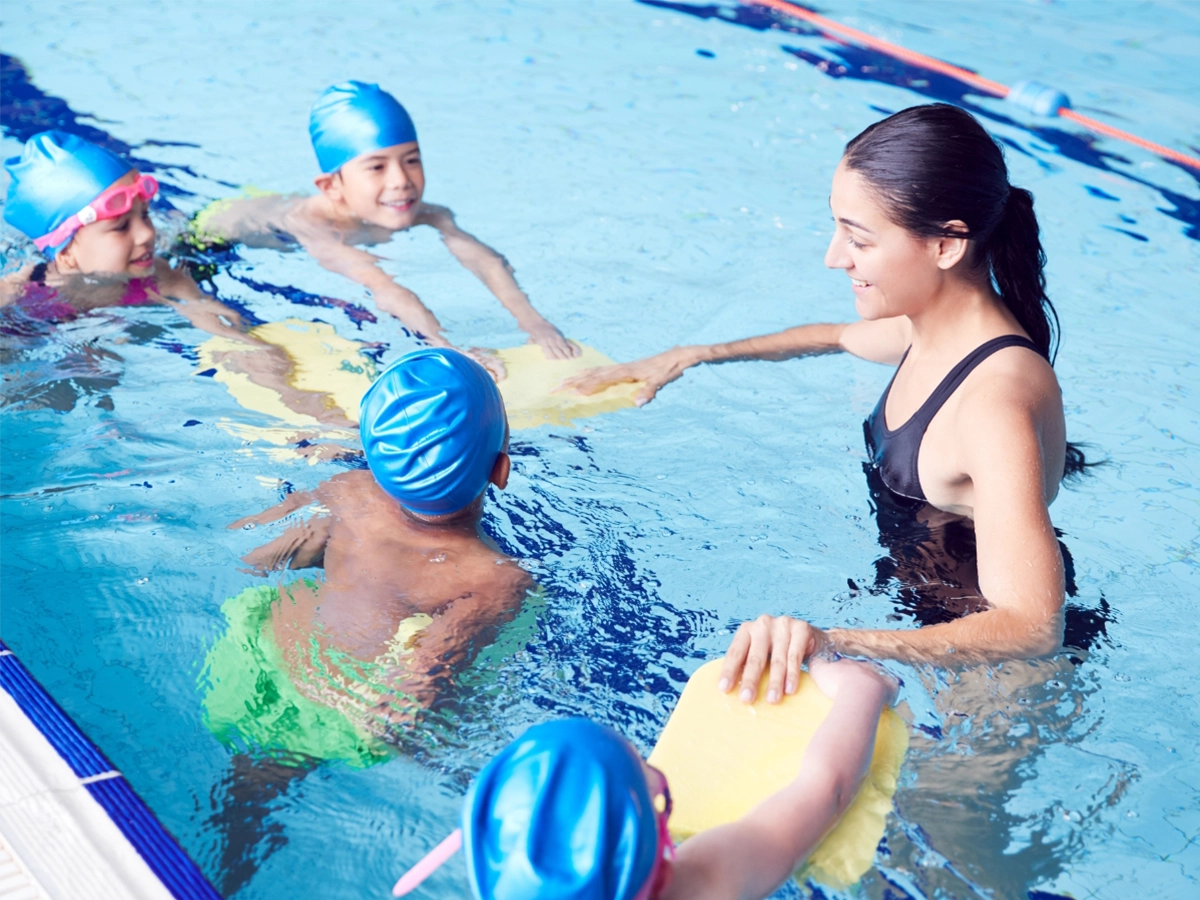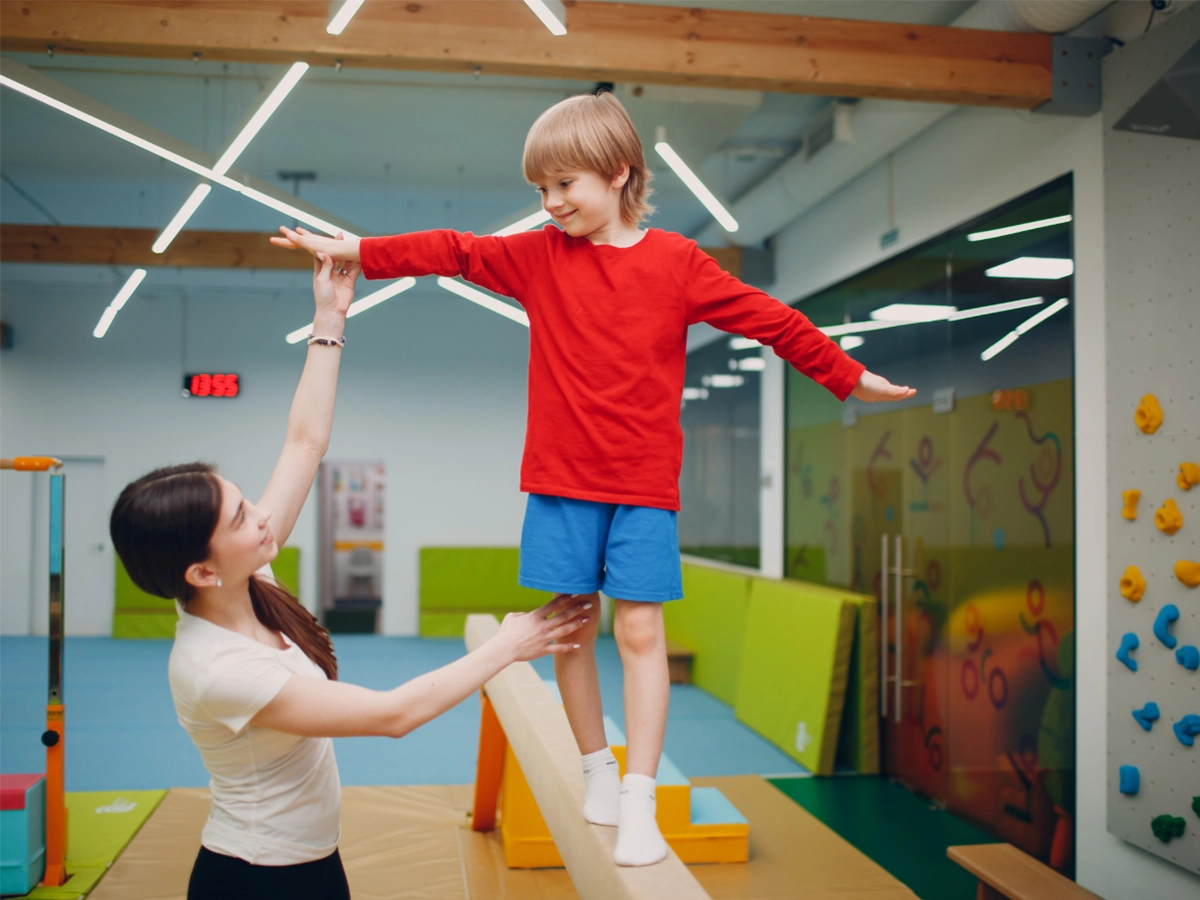Headaches in children are often tension headaches, migraines or headaches caused by sickness, according to Wendy Anderson-Willis, a physician at Nationwide Children’s Hospital in Columbus, Ohio. Other cause include stress, crying, skipping meals, dehydration, sleep problems, vision changes, not wearing glasses or over-se of contact lenses, menstrual cycles in girls and congestion from allergies.
Also, our research tells us that headaches in children are a pretty common problem, but only about 10% of those headaches are migraines – and most of the time children who have migraines outgrow them. It is estimated that around fifty percent of child migraineurs stop having the headaches once they reach
puberty, and another twenty-five percent will stop having them by the time they are adults. You may find that there are some lifestyle or schedule changes that can help to reduce the frequency or severity of your child’s headaches.
From UpstateParent, we get some insight into from Anderson-Willis how to beat children’s headaches.
Here is the rest of the piece from Anderson-Willis:
Anderson-Willis recommends having children eat or drink and lie down in a dark, quiet room. If sleep does not help, over-the-counter medicines such as acetaminophen or ibuprofen may help. (Ask your pediatrician for dosage and use recommendations.) Children under the age of 18 should never take aspirin, as it may cause Reye syndrome, a serious illness.
Keep track of headaches. If they happen more than once per month or are severe, see a pediatrician. If your child has any of the following symptoms, see a doctor right away to rule out anything more serious: fever, neck pain or stiffness, vomiting, seizures, dizziness, vision changes, head injury, loss of consciousness, a headache that is present when waking up or if the headache fails to resolve with sleep.
For more information on Jackrabbit’s online class management system, visit JackrabbitTech.com.














